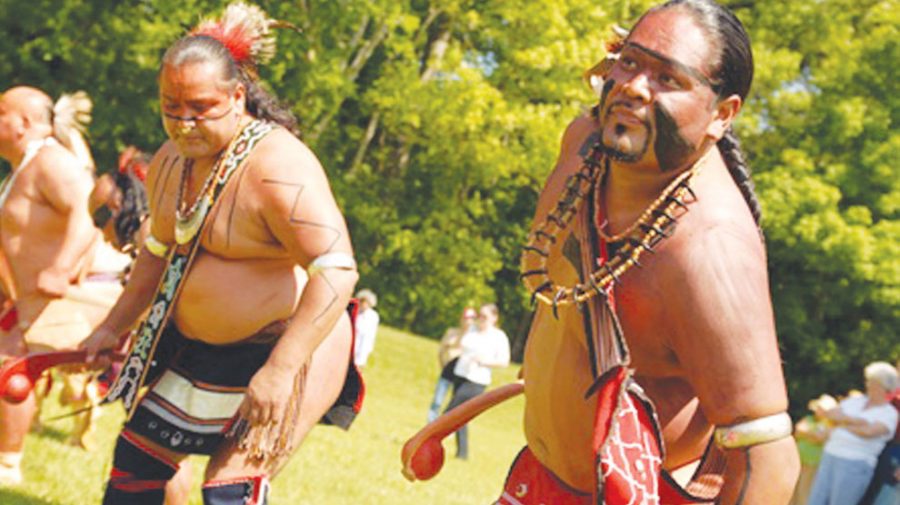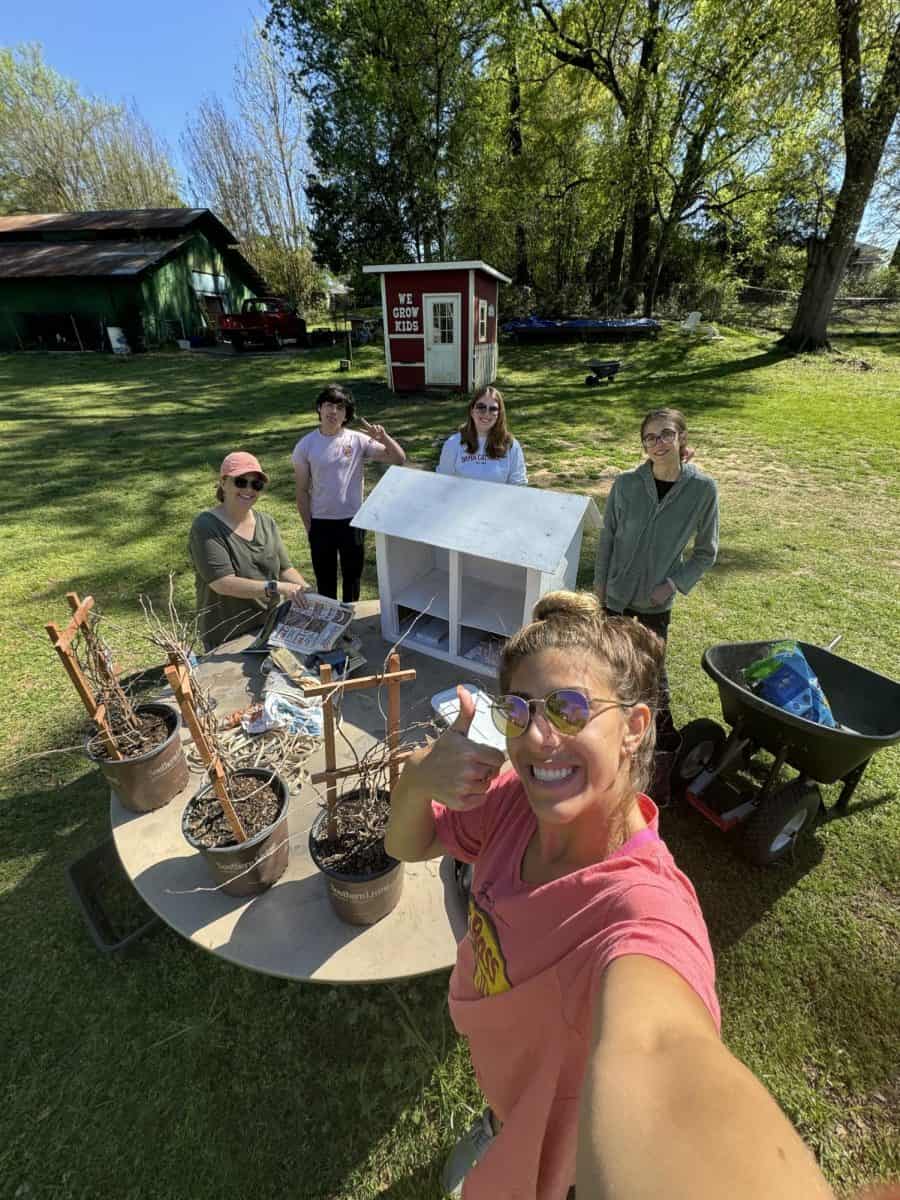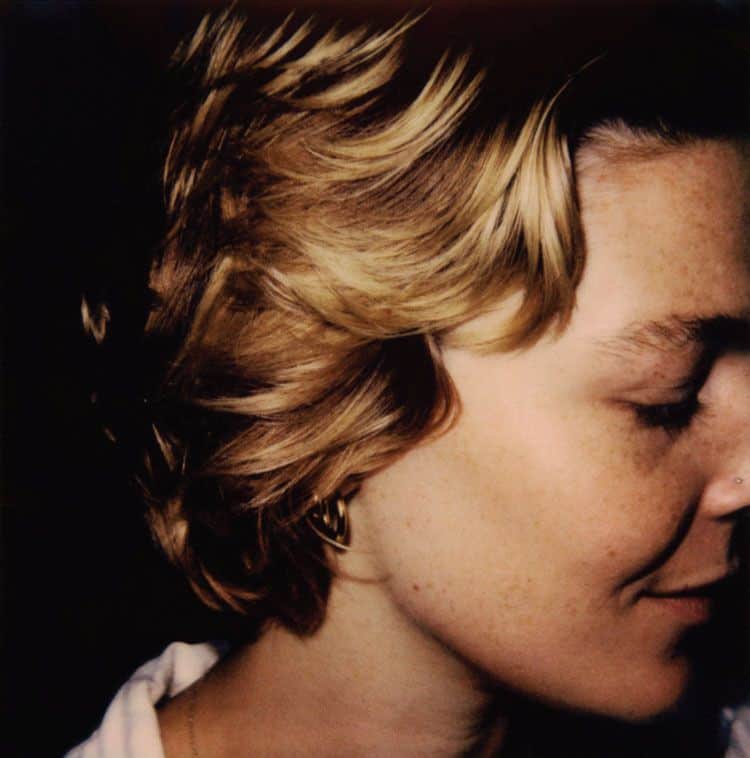Should Alabamians be jealous of Egyptians? Archaeology buffs might say yes. After all, the Great Pyramid of Giza, the only one of the seven wonders of the ancient world still standing, is in their backyard. What about Alabama’s backyard? What about the University’s backyard?
If students are willing to explore, they’ll find the answer 15 miles down Highway 69. The Moundville Archaeological Park preserves what was once the apex of Mississippian culture.
From Wednesday, Oct. 6 to Saturday, Oct. 9 the park will host its 22nd annual Moundville Native American Festival. On Wednesday and Thursday, the festivities will run from 9 a.m. to 3 p.m. Friday and Saturday’s festivities will last until 5 p.m.
Students who attend can expect to learn specifically about Southeastern Native American culture.
“We started the festival in 1989 because we wanted to dispel the stereotypes people had about Native Americans,” said Betsy Irwin, the park’s education outreach coordinator and festival director. “Most perceptions of Native Americans are products of powwows – a lot of different customs merged together. The Southeast has a distinctly different culture.”
The goal of the festival is to accurately and comprehensively portray an 800-year-old Mississippian culture. This week, students can see this goal achieved through living historians, musical performances, arts and crafts demonstrations and storytellers.
“In our living history camp, the tents are very close to how they were at that time,” Irwin said. “We’ll have many reproductions from the time period. [There’s a] fisherman who shows what fishing was like in the 1400s. Or you could visit Knapper’s corner where they make arrows and spear points, basically things guys like to play with.”
People seeking theatrics on a larger scale can check out the Warriors of AniKituwah perform the Cherokee War Dance and Eagle Tail Dance.
The dance group highlights Cherokee culture and clothing, as well as the significance of the dances themselves. The warriors have performed in many places including the Smithsonian Museum of Natural History, Colonial Williamsburg and abroad in Berlin and Montreal.
Some people prefer to learn about new cultures at their own pace. Attendees can also visit the park’s museum, the Jones Archaeological Museum. After a five million dollar renovation, many of the park’s employees contend Jones offers a unique museum experience.
“At a lot of archaeological museums you see artifacts, think they’re really nice, but don’t really understand that much about the people,” Irwin said.
“Our museum is about the people,” said Morgan Parsons, a museum docent and New College graduate. “You can truly immerse yourself in the culture.”
The museum seeks to accurately depict a typical Mississippian of the time. Inside stand many life-sized figures of Native Americans. The figures cost $20,000 apiece and are not only life-like in size, but also in appearance and form.
“They look so real,” Irwin said. “They are staring at you.”
The museum also tells the Mississippians’ story through their artifacts. The Moundville Duck Bowl, considered by some to be the most important prehistoric artifact in the country, is on loan from the Smithsonian. The Rattlesnake Disk, Alabama’s official state artifact, is another relic on display.
The historical demonstrations and state-of-the-art museum are all attractive to the inexperienced tourist. Moundville frequenters agree that the reasons to visit the festival are more profound than arrowheads, wicker baskets, gift shops and cafes.
“It was a spiritual mecca, and it still is today,” Parsons said.
Dan Townsend, a historical demonstrator of shell carving from Mississippian culture, has participated in the festival for the past 20 years. He hopes Alabama students attend the festival and take advantage of the park.
“People just don’t realize the jewel they have in their backyard,” Townsend said.
Admission to the festival is $10 for adults, $8 for students, and free for children under five. Volunteers are always needed. For more information visit moundville.ua.edu.







